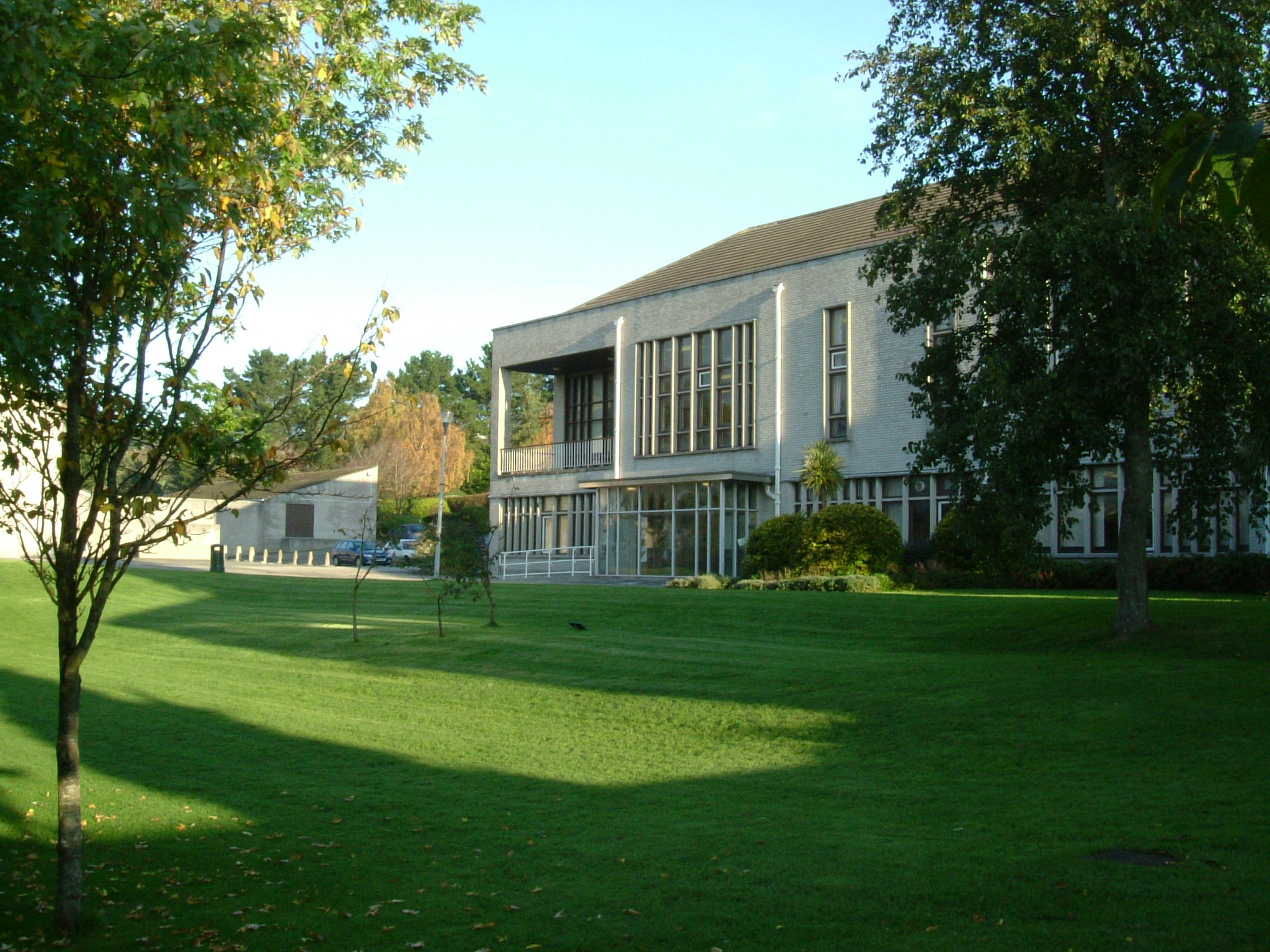The origins of the College of Librarianship Wales
In 1959, the Roberts Report (official title, ‘The structure of the library service in England and Wales’) recommended “the establishment in Wales of a school of librarianship”, emphasising the need for libraries in bilingual communities to have staff “acquainted with the Welsh language and well versed in the history and literature of Wales”. A further report in 1962 (the ‘Bourdillon report’) emphasised the urgency of this need, and the College of Librarianship Wales (CLW) was established shortly afterwards in 1964.
CLW was a modern, forward-looking institution established in a context of post-war consensus, the information revolution, and the burgeoning of new, professionally-orientated academic disciplines including computer science, and library and information science. 1964 also saw the introduction of the influential Public Libraries and Museums Act, which mandated local authorities to provide a “comprehensive and efficient” public library service, as a statutory duty. Prior to this, the 1850 Public Libraries Act (and subsequent amendments), introduced legislation for some provision of public libraries but it was not universal, was somewhat constrained, and relied on wealthy philanthropists like Andrew Carnegie for additional support.
Success of CLW
In this context, Frank Hogg, the influential first (and only) Principal of CLW, believed that the College could reach the “highest international standard” and by the early 1970s it was widely regarded as the foremost library school in Europe, attracting students and staff from around the world. Under his leadership, it was soon the biggest library school in the UK, with over 400 students by 1968, and enabled thousands of students around the world to develop their career in libraries, information and archives.
One of the highlights that many alumni may remember are the International Graduate Summer Schools (IGSS) which ran from 1973 until 2001. Others will remember CLW’s purpose-built library (subsequently called the Thomas Parry Library), the early halls of residence out at Tanybwlch (now private flats), or the beautiful (if somewhat long) train journey into Wales.
CLW became part of University of Wales Aberystwyth (now Aberystwyth University) in 1989 and later became the Department of Information Studies (DIS). During the merger many of the original staff moved over to the University and retirements in the 2010s saw the departure of key staff whose careers had spanned this important time of technological and social-political change.

Local and national importance
Although international in its scope and vision, CLW also had a significant impact on Welsh community, education and culture. An initial impetus for the establishment of the college was the training of bilingual librarians. A Welsh Studies Department in CLW existed from the outset, specifically recruiting and training Welsh speaking staff, which developed over the years to deliver core subjects through the medium of Welsh. As a result, CLW-educated librarians have played a prominent role in public, academic and specialist libraries in Wales since its establishment.
A key part of this success was the establishment of the CLW library in 1971, the first building on the brand new purpose-built campus at Llanbadarn Fawr, Aberystwyth. A bespoke ‘library of librarianship’ with an enviable, comprehensive coverage of library and information science, it included a cataloguing laboratory, and extensive specialist children’s and Welsh collections.
The renamed Thomas Parry Library eventually closed its doors in 2018 when DIS relocated to the Penglais campus, the main site of teaching and university life. Still fondly remembered, the TPL is one of the constants in staff and student experience and memories across 60 years of change – for researchers and students alike. Distance learning students, on their residential study schools in Llanbadarn, and students on the renowned International Graduate Summer Schools, would relish being in the TPL, with its focus on learning and research, specifically designed and dedicated to the study of librarianship as a profession.
Change and continuity
There have been many changes over the years, including the development of flexible distance learning courses which have attracted students from the UK and beyond for over 30 years. Teaching is ‘dual-mode’ with both full time and distance learners but the core mission – educating generations of students in librarianship, information management and archives and records management – has remained the same.
Since 2020 we have offered distance learning events in a combination of in-person and online events. In 2022 we welcomed the first cohort of undergraduates for our brand-new degree scheme in Cultural Heritage Studies: Libraries, Archives and Museums, reflecting the growing trends in and links between digital and physical cultural heritage, and the broader information sector.